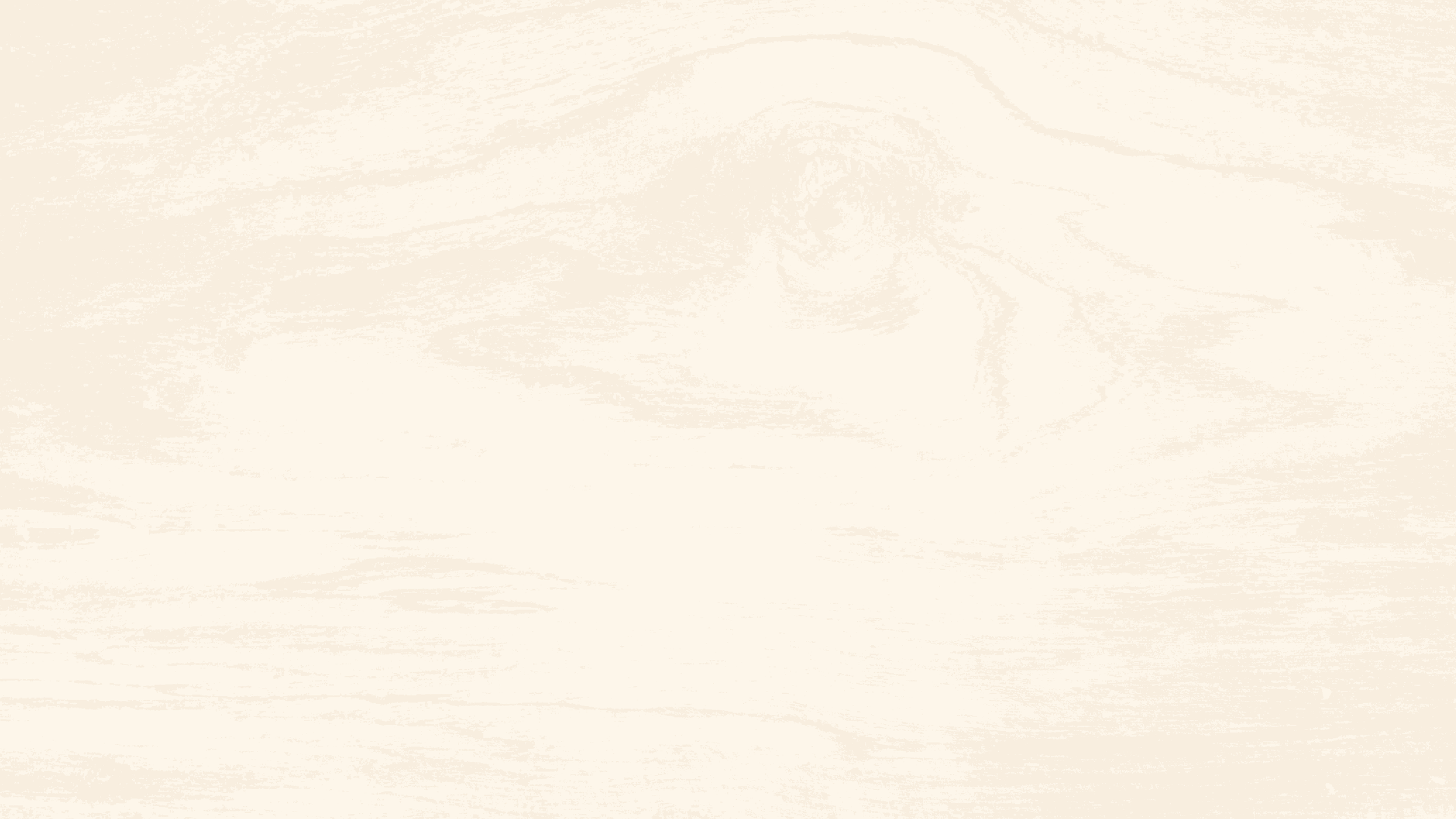
Merging Buddhism with Care for Animals and our Planet
DVA considers the Buddha’s teaching on compassion for all beings as central to the development of one’s spiritual practice, and as a clear call to protect animals and their interests. To help you learn more about, and to begin to follow, the essential Buddhist teaching on compassion and the ethical treatment of animals, we’ve compiled this section of resources below so you can educate yourself and take steps toward cruelty-free living. Explore a specific DVA Deep Dive or browse through this page.
Search Our Resources:

Feature Film by DVA
Animals & the Buddha Film
Dharma Voices for Animals produced this powerful and important film by award-winning, vegan filmmaker, Keegan Kuhn that features interviews with world-renowned monastics and lay teachers including Ven. Bhikkhu Bodhi, Jetsuma (Ven. Master) Tenzin Palmo, Ven. Bhante Gunaratana (Bhante G), Christopher Titmuss, Ven. Geshe Phelgye, teachers from Spirit Rock Meditation Center and many others who focus on the relationship between Buddhism and not eating animals.
The Bodhi Project: Bearing Witness to Animal Suffering in the 21st Century
The Bodhi Project is a journey of awakening the heart and bearing witness to the truth of animal suffering in the 21st century.
There are unseen ways we are still contributing to suffering as Buddhists, mostly due to a lack of knowledge on the realities of animal agricultural industries. These industries go to great lengths to hide the truth of animal suffering from you, the consumer. Here at DVA it is our mission to uncover that truth, educate our Buddhist community and support all of us on our journey towards greater compassion and wisdom.
Join us in learning these lesser known realities, so that we may all be able to make informed decisions and reduce our detrimental impact on our fellow sentient beings.
Each year, around 7 billion male chicks are killed in the global egg industry, including 300 million in the U.S. These chicks are considered surplus as they can't lay eggs. Common culling methods include live grinding, suffocation, or asphyxiation. This practice, known as chick culling, is banned only in France and Germany. Regardless of the egg type—organic, free-range, or conventional—male chicks are culled to keep production profitable.

Cimate Change & the Environmental Impact
of our Food Systems
“The food system as a whole, which includes food production and processing, transport, retail consumption, loss and waste is currently responsible for up to a third of our global greenhouse gas emission.” – IPCC Co-Chair Eduardo Calvo Buendía
Animal agriculture is also responsible for the pollution of our waterways, methane emissions, biodiversity loss, habitat loss, species extinction, as well as for myriad health hazards for humans. Our modern globalized animal product heavy food system is unsustainable and destructive to our planet, and it is within all of our responsibilities to be informed about it’s effects and mitigate the worst of it, where it is within our capacity to do so.
70- 80% of global deforestation is a result of agricultural production, which is also the leading cause of habitat destruction. Animal agriculture — livestock and animal feed is a significant driver of deforestation, and is also responsible for approximately 60% of direct global greenhouse gas (GHG) emissions. Overall, emissions from the food system as a whole, including production and consumption, represent up to 37% of total global human-induced GHG emissions, according to Greenpeace.
Right Eating & Dharma Study
As practitioners of the Buddhist dharma, we continually strive to act in ways that reduce the amount of suffering in the world, both for ourselves and for others. When it comes to animals, the single greatest impact we have on their suffering is the decision to eat – or not to eat – them.
In considering a diet that is consistent with the dharma, the scriptures offer a variety of teachings that can help us determine what constitutes Right Eating. For those who aim to live in accordance with the dharma in all aspects of their lives, it is an inquiry that must be made. Only after a thorough and honest investigation can we determine what constitutes Right Action in this area.
Many have asked themselves: Should Buddhists be vegetarian/vegan? Or in turn, heard many excuses to this question over the years as Buddhist.
Please explore this and many other questions in our FAQ and head over to our Right Eating page to learn about what the Buddha and other Masters have taught on the subject of compassion for animals.
Reverend Robert Ryugen-Doshin Yamada of the Animal Liberation Temple feeding rescued ex-farmed animals at his sanctuary in Martinez, California. Reverend Ryugen-Doshin Yamada has rescued several animals from places of exploitation and is an avid advocate for animal liberation using his Buddhist values.









